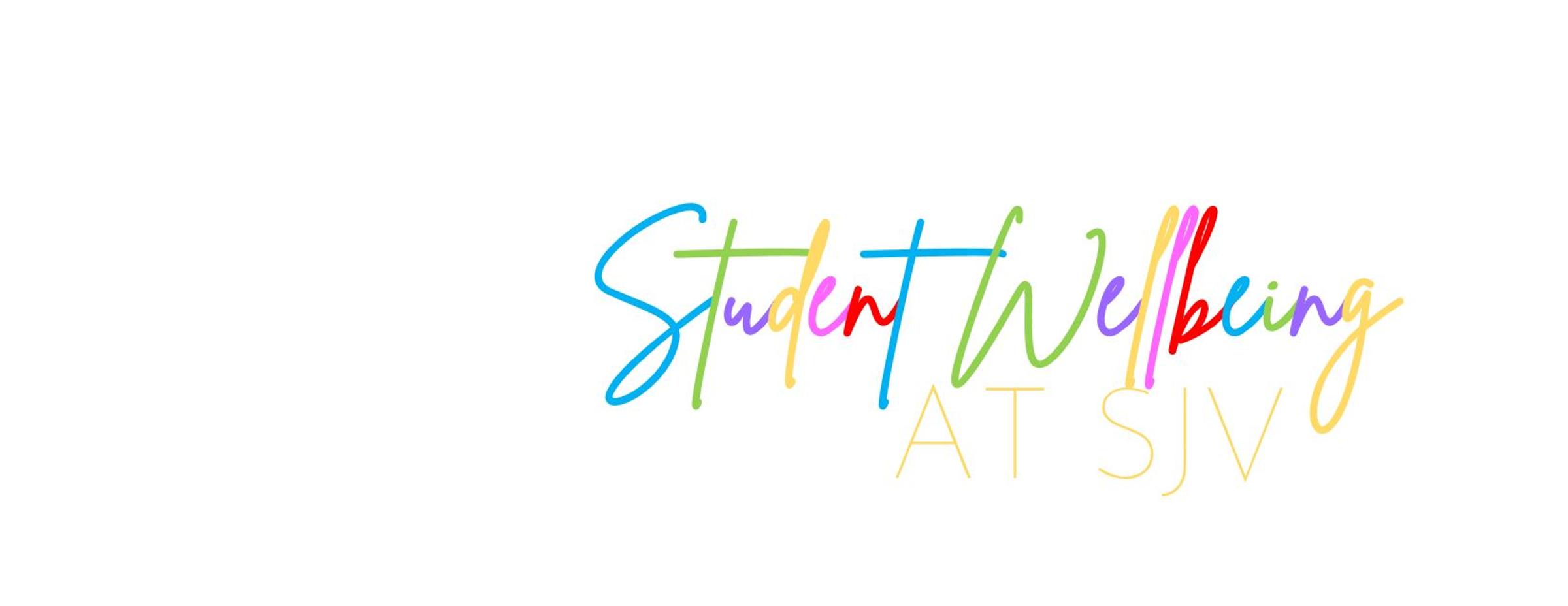During Term 2 all classes will be using the 'RESILIENCE RIGHTS & RESPECTFUL RELATIONSHIPS' each week. This term our focus in positive coping and problem solving.
In Foundation will:
- Reflect on their emotional responses
- Discuss ways in which they can take responsibility for their actions
- Describe ways to express emotions to show awareness of the feelings and needs of others
- Practise techniques to deal with feelings of fear and anger
- Recognise the needs and interests of others
- Listen to others’ ideas and recognise that others may see things differently
- Recognise there are many ways to solve conflict
- Identify options when making decisions to meet their needs and the needs of others
- Identify cooperative behaviours in a range of group activities
- Practise individual and group decision making
- Practise solving simple interpersonal problems
In grade 1 and 2 will:
- Reflect on their emotional responses
- Discuss ways in which they can take responsibility for their actions
- Describe ways to express emotions which show awareness of the feelings and needs of others
- Practice techniques to deal with feelings of fear, frustration and anger
- Recognise there are many ways to solve conflict
- Describe similarities and differences in points of view between themselves and people in their communities
- Identify cooperative behaviours in a range of group activities
- Practise individual and group decision-making
- Practise solving simple interpersonal problems
In grade 3 and 4 will:
- Investigate how emotional responses vary in depth and strength
- Identify and describe strategies to manage and moderate emotions in a range of familiar and unfamiliar situations
- Identify a range of productive coping strategies for use in different situations
- Learn and practise self-calming techniques.
- Identify communication skills that enhance relationships for particular groups and purposes
- Describe characteristics of cooperative behaviour and identify evidence of these in group activities
- Contribute to and predict the consequences of group decisions in a range of situations Identify a range of conflict resolution strategies to negotiate positive outcomes to problems
- Discuss the concept of leadership and identify situations where it is appropriate to adopt this role
- Describe and apply strategies that can be used in situations that make them feel uncomfortable or unsafe
In grade 5 and 6 will:
- Identify a range of coping strategies to help them deal with intense emotions
- Identify the influence of self-talk on their actions and emotions
- Identify and explain factors that influence effective communication in a variety of situations
- Devise strategies and plans to assist in the completion of challenging tasks, decisions or problems
- Identify factors that influence decision making
- Identify causes and effects of conflict and practise different strategies to diffuse or resolve it
Jenny Willmott
Deputy Principal
Wellbeing Leader
jwillmott@sjvmulgrave.catholic.edu.au


